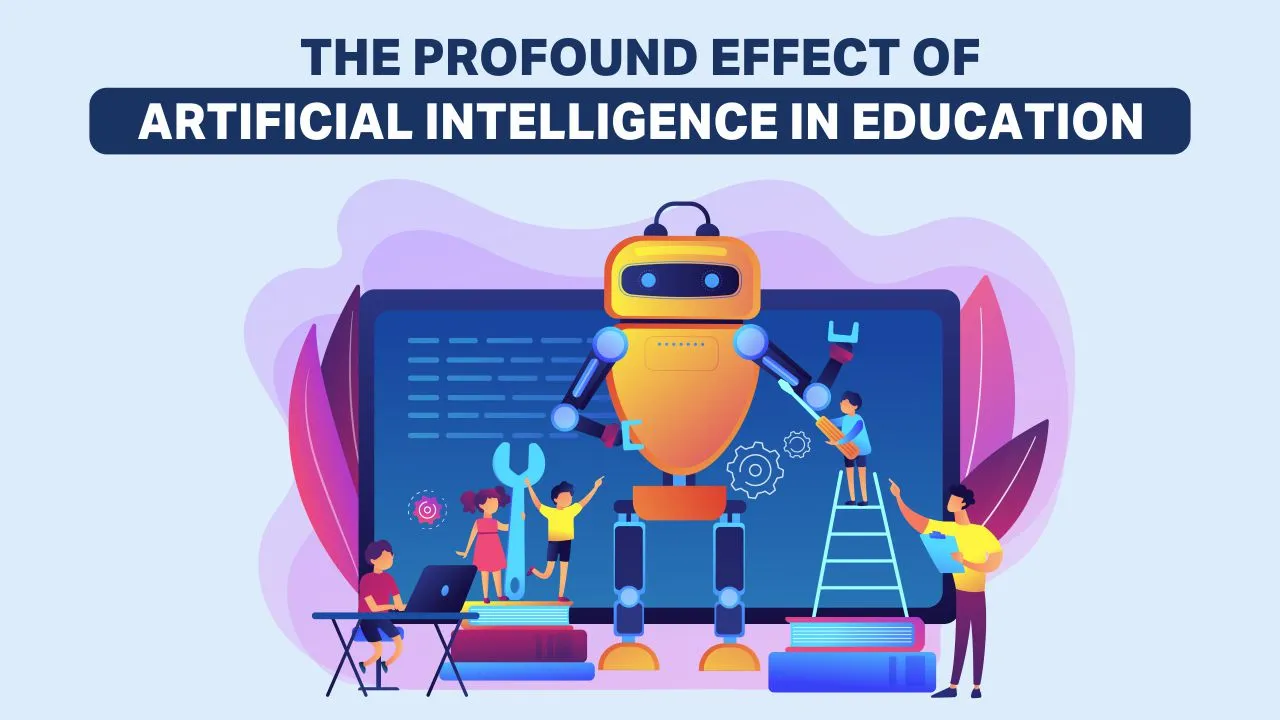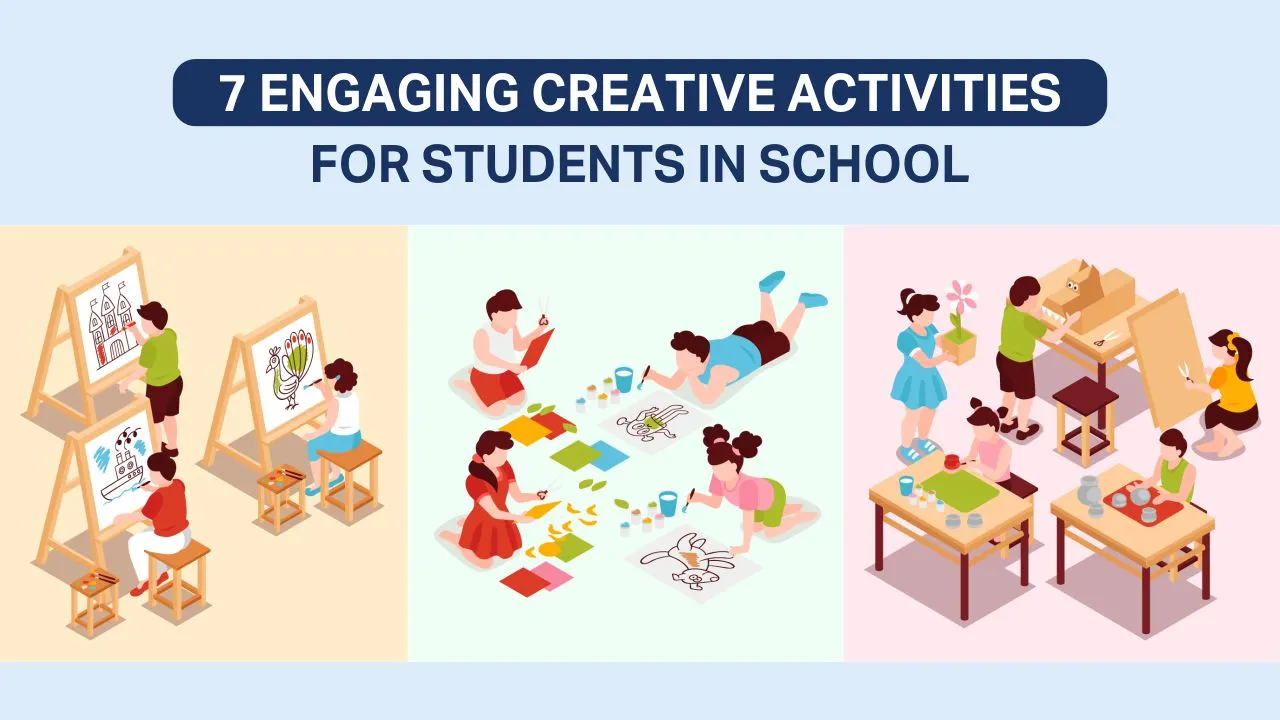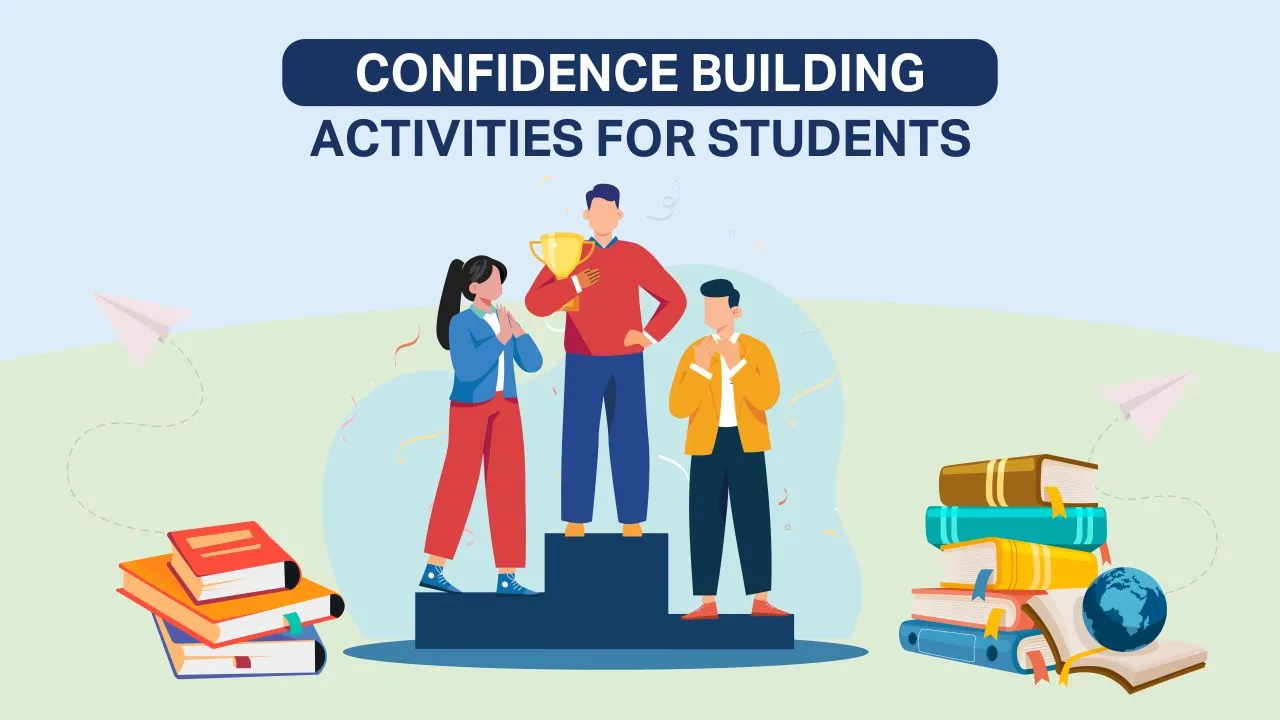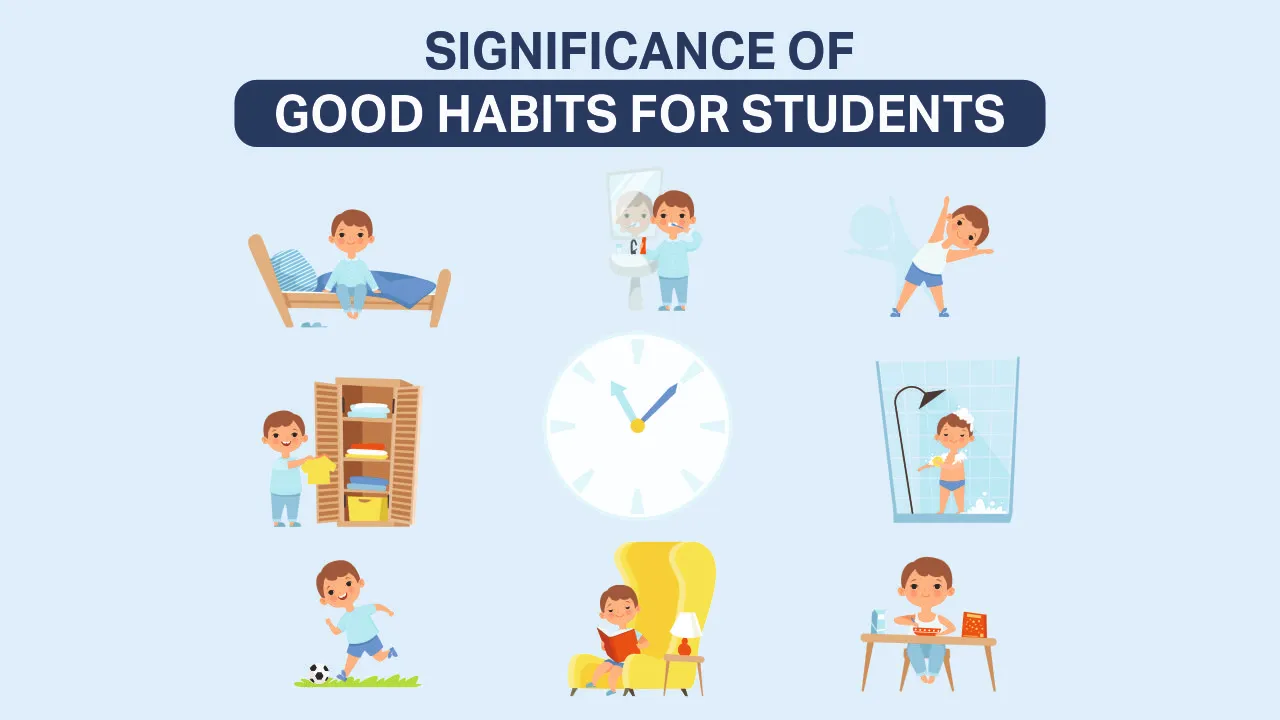The Profound Effect of Artificial Intelligence in Education
Artificial Intelligence in education is revolutionizing learning by tailoring experiences, automating administrative tasks, and personalizing instruction. Furthermore, the adaptive algorithms enhance student engagement and assessment accuracy, fostering a dynamic and efficient educational landscape for the future.
How AI is going to change the Education System
AI is poised to bring about a significant amount of changes in the education system, transforming various aspects of teaching, learning, and administration. Here’s how AI is expected to shape the future of education:
- Personalised Learning: AI can analyse students’ learning styles, strengths, and weaknesses in order to give customised information and pacing, resulting in a more personalised learning experience.
- Adaptive Learning: AI-powered adaptive learning platforms change the complexity and pace of classes based on the progress of a learner, assuring optimal learning outcomes.
- Efficient Administrative Tasks: AI helps in automating administrative duties like enrollment, scheduling, and grading, freeing up educators’ time to focus on teaching and mentoring.
- Data-Driven Insights: Artificial intelligence can analyse enormous amounts of educational data to uncover patterns, learning gaps, and areas for improvement, allowing educators to make more informed decisions.
- Global Access to Education: AI-enabled online platforms and digital resources empower learners all over the world with access to education, bridging geographic and socioeconomic divides.
- 24/7 studying Support: AI-powered chatbots and virtual tutors provide students with immediate support and direction to enable continual studying outside of typical school hours.
- Language Translation and Accessibility: AI translates educational content into other languages, making it available to a wide range of linguistic communities and assisting students with disabilities.
- Improved Teaching Methods: AI can be used by educators to create dynamic and engaging lessons that incorporate multimedia, simulations, and virtual reality to improve learning outcomes.
- Early Intervention and Support: AI detects pupils who are at danger of falling behind and proposes treatments to avoid learning gaps from emerging.
- Teacher Professional Development: AI delivers personalised recommendations for teacher improvement, assisting educators in improving their abilities and staying current with the latest pedagogical ideas.
- Individualised Feedback: AI-powered assessment tools provide students with thorough and immediate feedback on assignments, assisting them in identifying their errors and improving their work.
- Collaborative Learning: AI enables collaborative projects by connecting students with comparable abilities and interests, boosting teamwork and problem-solving.
- Skill-Based Learning: AI assesses students’ skills and interests, directing them to suitable courses and career options that match their strengths.
- Continuous Lifelong Learning: AI promotes lifelong education and skill development, assisting individuals in adapting to changing employment markets and technologies.
- Education Research and Innovation: AI supports researchers in analysing educational data, resulting in insights that shape policy decisions and inspire advances in teaching approaches.
Roles of Artificial Intelligence In Education
Artificial Intelligence has been increasingly integrated into various aspects of education, offering new opportunities to enhance learning experiences, streamline administrative tasks, and personalize education for students. Here are some ways AI is being used in education.
- Personalized Learning: AI can analyse students’ learning patterns, strengths, and shortcomings to provide personalised learning experiences. Individual progress is used to change content and tempo in adaptive learning platforms.
- Intelligent Tutoring Systems: AI-powered tutors help students understand complex concepts and improve their performance by providing real-time assistance and feedback.
- Automated Grading: AI can grade multiple-choice, short-answer, and even essay questions, saving teachers time.
- Virtual Classrooms: AI-enabled virtual classrooms promote distant learning by offering capabilities such as real-time language translation, transcription, and collaborative tools.
- Learning Analytics: AI analyses massive datasets to uncover learning trends and areas for development, supporting educators in making data-driven decisions.
- Language Translation: AI-powered translation tools let students from varied backgrounds access educational content by bridging language boundaries.
- Content Creation: AI can generate educational content including practice exercises, quizzes, and study materials.
- Assistive Technology: AI supports students with disabilities by offering text-to-speech, speech-to-text, and other technologies that make learning more accessible.
- Educational Chatbots: AI-powered chatbots answer student questions instantly, advise on course choices, and assist with administrative work.
- Early Intervention: AI identifies pupils who are in danger of falling behind and enables early intervention measures to prevent learning gaps.
- Teacher Professional Development: AI provides personalized recommendations for teacher development and suggests resources to improve teaching techniques.
- Data Security and Privacy: AI assists in the protection of sensitive student data while also ensuring compliance with data privacy requirements.
- Research and Analysis: AI supports researchers in analysing educational data to identify insights and trends that drive policy and pedagogical decisions.
- Career Guidance: AI examines students’ talents, interests, and job aspirations to provide personalised career advice and recommend appropriate educational paths.
Despite these humungous technological advancements, it’s important to address potential challenges such as data privacy, algorithmic biases, and the need for human oversight. Therefore, artificial intelligence in education should be utilized as a tool that complements educators’ expertise and enhances the learning experience, rather than a replacement for human interaction and guidance in education.





